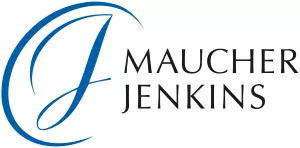Since 1 June 2023, European patents with unitary effect (colloquially referred to as "unitary patent" or also "EU patent") will be registered at the European Patent Office, provided they are requested there.
Currently (September 2023), these patents have effect for 17 member states: Austria, Belgium, Bulgaria, Denmark, Germany, Estonia, Finland, Italy, Latvia, Lithuania, Luxembourg, Malta, the Netherlands, Portugal, Slovenia and Sweden. A total of 25 contracting states to the European Patent Convention, which must be EU members, participate in enhanced cooperation, but only 17 states have ratified the corresponding EU regulations (Regulation (EU) No 1257/2012 and Regulation (EU) No 1260/2012), Spain and Croatia have not wished to participate. Non-EU states that are members of the European Patent Convention (EPC), such as Switzerland, the United Kingdom or Turkey, cannot participate in the enhanced cooperation, as membership in the EU would be a prerequisite for this - protection by the unitary patent is therefore not possible for the non-EU states of the EPC.
For granted European patents for the 17 member states of enhanced cooperation, it is possible for patent owners to file a request for registration as a unitary patent. Alternatively, however, they can also carry out national validations for these countries in the classical way, i.e. as classical "bundle patents" of the European Patent Convention.
So there is a choice (classical bundle patent or unitary patent) for patent proprietors. Against this background, it is interesting to see how many unitary patents are actually registered.
The European Patent Office has now put online a dashboard - automatically updated on an ongoing basis - that allows you to directly track the number and other information on unitary patents applied for and registered:
We will be happy to advise you on the options that are now available and what may be more advantageous for you - a unitary patent, possibly with further national states of the EPC outside the 17 mentioned states within the framework of the classical bundle patent, or only national validations.
The content of this article is intended to provide a general guide to the subject matter. Specialist advice should be sought about your specific circumstances.

